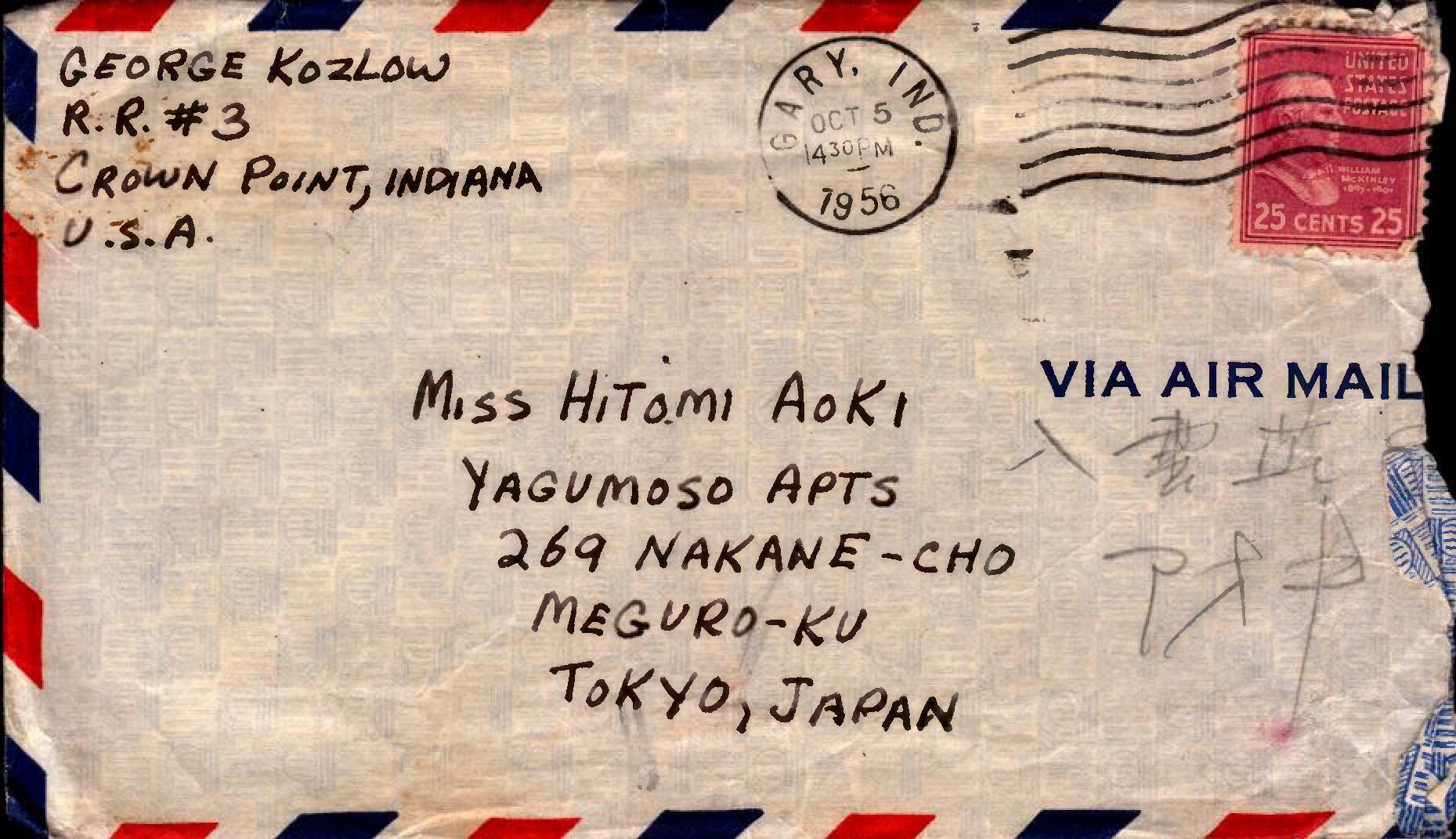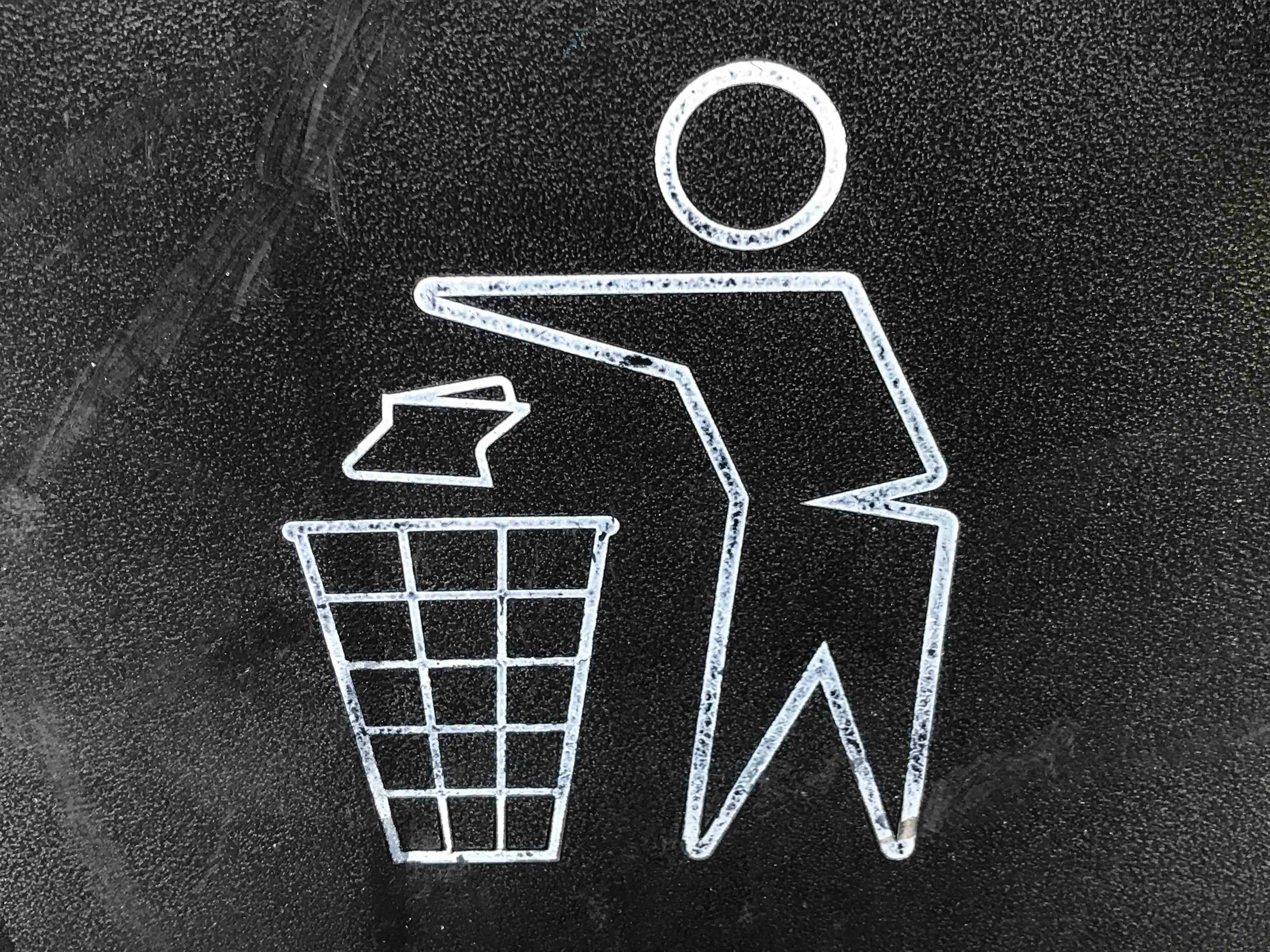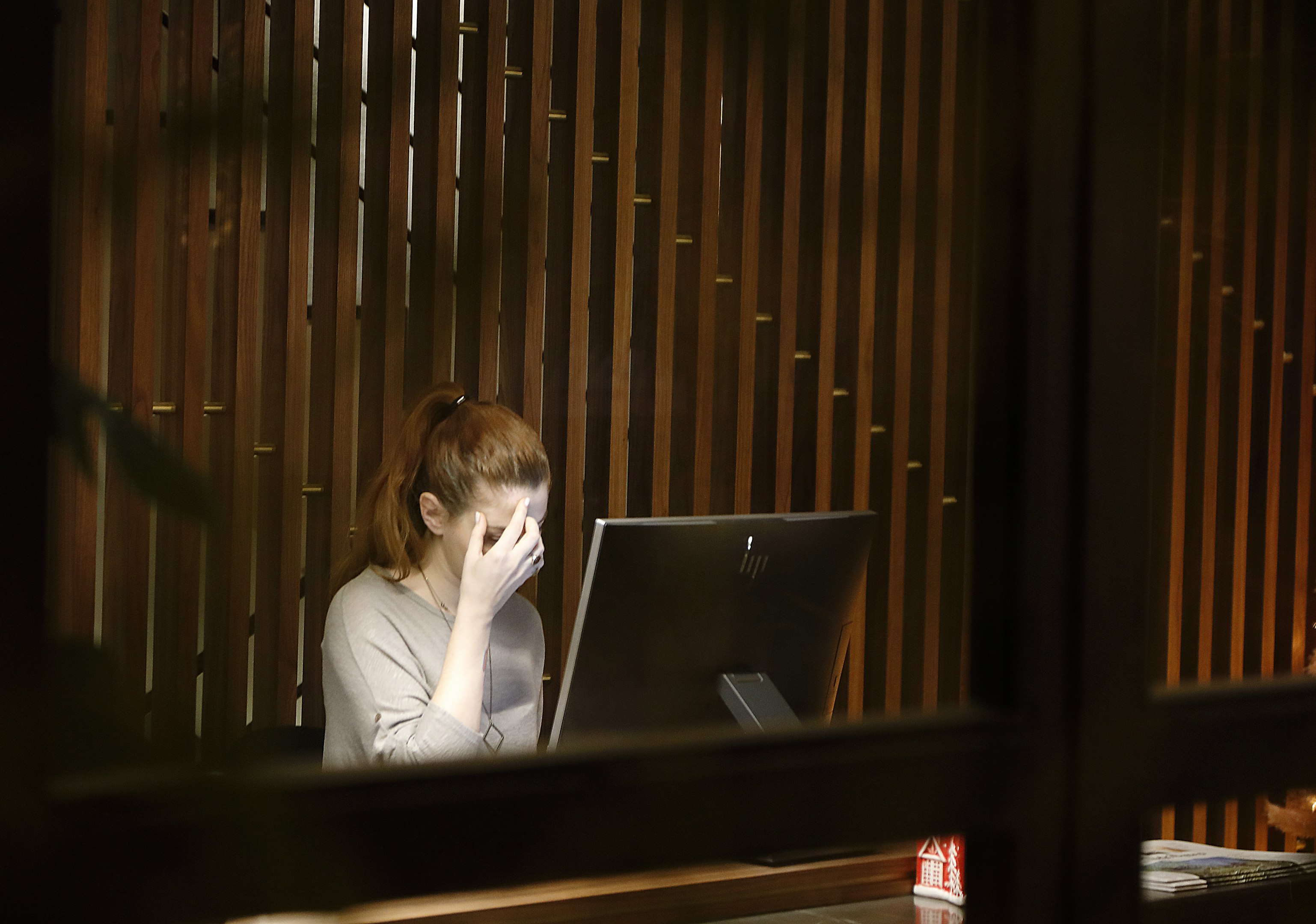Stories
During my journey to become published, I have written several stories to chronicle my progress. I hope you enjoy them below.
| |
![]()
Conceptual versus Experimental.
I was interested to learn that there are two broad concepts of creativity: Conceptual and experimental.
Conceptual writers focus on preparation, planning and plot development before writing, and the execution becomes perfunctory. J.K. Rowling is a good example of a conceptual author. Her Harry Potter series showcase a rich imagination with intricate plots, indicative of conceptual creativity.
Experimental writers rely on trial and error, try 5different styles and are willing to adapt and change works in progress. James Joyce exemplifies an experimental writer, as he is noted for his idiosyncratic narrative techniques and complex use of language.
My creative approach is experimental. That’s why my novel, Unspoken, is still a work in progress. I started this journey at the onset of COVID-19, but I’m seeing light at the end of the tunnel—for the third time, because my novel has been written largely through trial and error, morphing from a memoir to fictional historical romance.
The craft of all creative writing involves an enormous amount of patience, dedication and perseverance. It is not uncommon for novelists to take several years to complete their works. Take the following examples:
- J.K. Rowling: Harry Potter and the Sorcerer's Stone took her 6 years to write.
- James Joyce: 17 years for Finnegans Wake.
- J.R.R. Tolkien: Took approximately 16 years to write The Lord of the Rings.
- Margaret Mitchell: Took 10 years to write Gone With the Wind.
- J.D. Salinger: 10 years for Catcher in the Rye
- Victor Hugo: Invested over 12 years to create Les Misérables.
- Donna Tartt: The Goldfinch and her two other novels each took about a decade.
Of course, many of the above examples did not have the benefit of the internet and Microsoft to research and type their masterpieces. So cut those years in half, say. You still find that these cases underscore the significant time and determination literary artists invest in their masterpieces. Also, most novelists enjoy the creative writing process, and a long journey is a pleasurable one.
So onward and upward I go. Stay tuned. Check out my other stories below.





